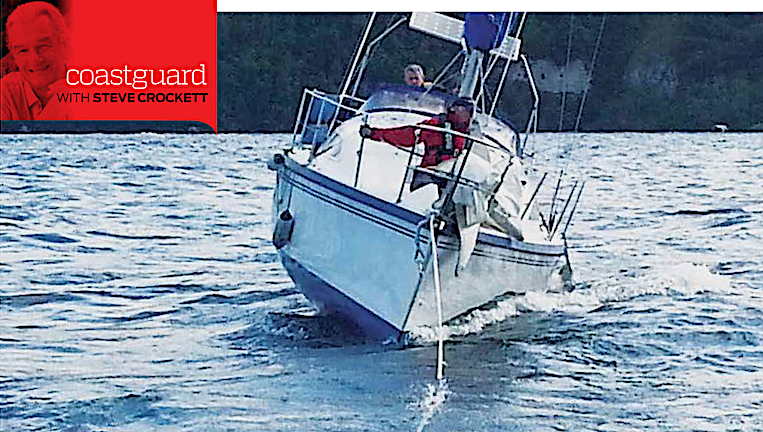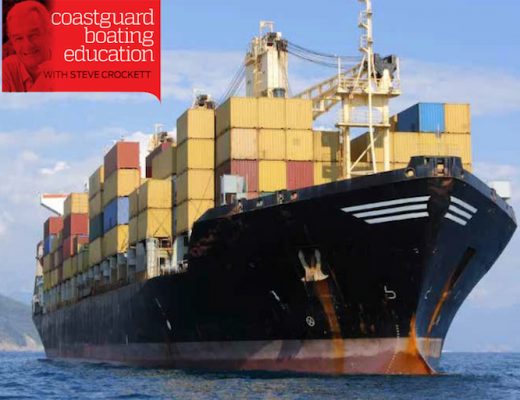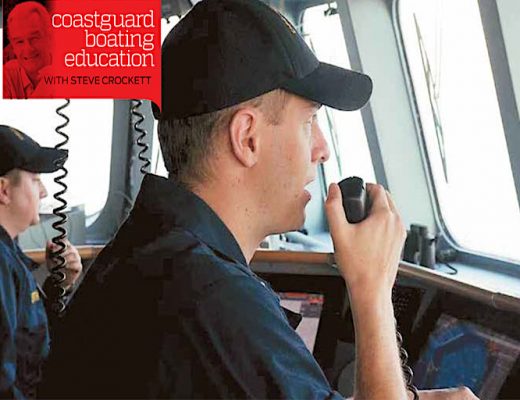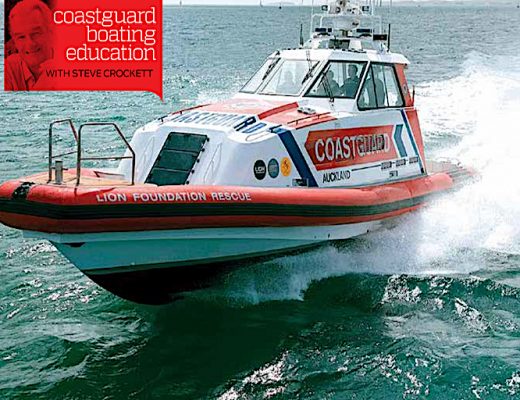SO, YOUR MOTOR HAS STOPPED. WHAT NOW? DO YOU HAVE THRE KNOWLEDGE TO TROUBLESHOOT YOUR ENGINE?
As a young man, in the latter part of the last century, on any given weekend I could almost guarantee that there would be two or 3 motor cars being worked on in our back yard. I learnt to fetch tools for my father and brothers. I learnt the difference between a ring spanner and an open ender; I could look at a bolt and estimate almost immediately if it was a 3/8” Whitworth or a BSF. I knew precisely the contents of my father’s socket set and where on the workbench to find the feeler gauges and gear pullers. I knew that the spark plugs gap was 0.025” and that the points were to be set at 0.015”. I could change a wheel and fix a tyre, amongst many other things.
My father taught me these skills.
Motor cars were far less reliable back then and we had the (debatable) luxury of time!
What has this to do with boats, you say?
I am fortunate to be able to use a friend’s yacht, whilst I am “between boats”. Recently, my friend sent me a photo showing his boat under tow by Coastguard. He had developed an engine problem; the day before I wished to use it!
Now, I could, at this point, launch into a diatribe about SAILING vessels with an AUXILIARY engine, and the use of the big white flappy things and confined space boat handling under sail, but that is a matter for a separate article.
Suffice to say that, upon talking with my friend by phone whilst he was under tow, I was able to ascertain that the problem was overheating caused by a lack of raw water flow. There are a number of possible causes for this; however, other than a blocked raw water inlet beneath the hull of the vessel, the most common cause is breakage of the rubber impeller vanes within the raw water pump. Replacement of the impeller is a simple enough procedure and can be done whilst at sea, assuming you are carrying the correct tools and spares.
( In saying that, I once had to change an impeller on a Yanmar engine in the confined engine space of a catamaran whilst crossing the Bay of Biscay in a Force 8; not a pleasant experience!)
My friend, had he the knowledge and practical experience together with the requisite spare parts on board, would have been able to attend to the problem quite swiftly and he would not have felt as powerless in the situation ( no pun intended!).
I love Diesel engines. They are generally simple and reliable. There are usually no complicated electrics to worry about. They require air, fuel and lubricating oil in the right quantity at the right place at the right time; that’s all. Oh, and a means of cooling. If you maintain them and service them regularly they will continue to operate almost indefinitely. But, if you ignore them or take them for granted they will cease to operate just when you rely on them most.
Modern outboard engines are also much more reliable than the older models; however the introduction of modern electronic engine management systems makes them less user serviceable.
If you were to open your engine space and look at your engine could you identify:
- The raw water pump?
- The raw water strainer?
- The heat exchanger?
- The primary and secondary fuel filters?
- The oil filter?
- The air cleaner?
- The fuel injector pump and the injectors?
Do you know where to find the oil dipstick? Can you identify the fuel lift pump and bleed screw? Do you know how to bleed air from the fuel system? If your engine is blowing blue or white or black smoke from the exhaust, are you able to troubleshoot the possible causes?
If you are unable to answer these questions I highly recommend that you attend a Coastguard Boating Education Inboard Engine maintenance course.
This one day course will demystify that metal beast beneath the companionway steps and may make the difference between your having a wonderful weekend away or a depressing tow home.
Outboard engine owners may wish to undertake the one day Outboard Engine course.
These courses should not replace having your engines maintained on an annual basis by a qualified marine engine professional but be supplementary to it.
On that note, I am now going to dismantle and reassemble my old 1 ½ HP Seagull Outboard.
Why? Because I can!
Coastguard Boating Education Engine Maintenance courses may be found by visiting: boatingeducation.org.





No Comments